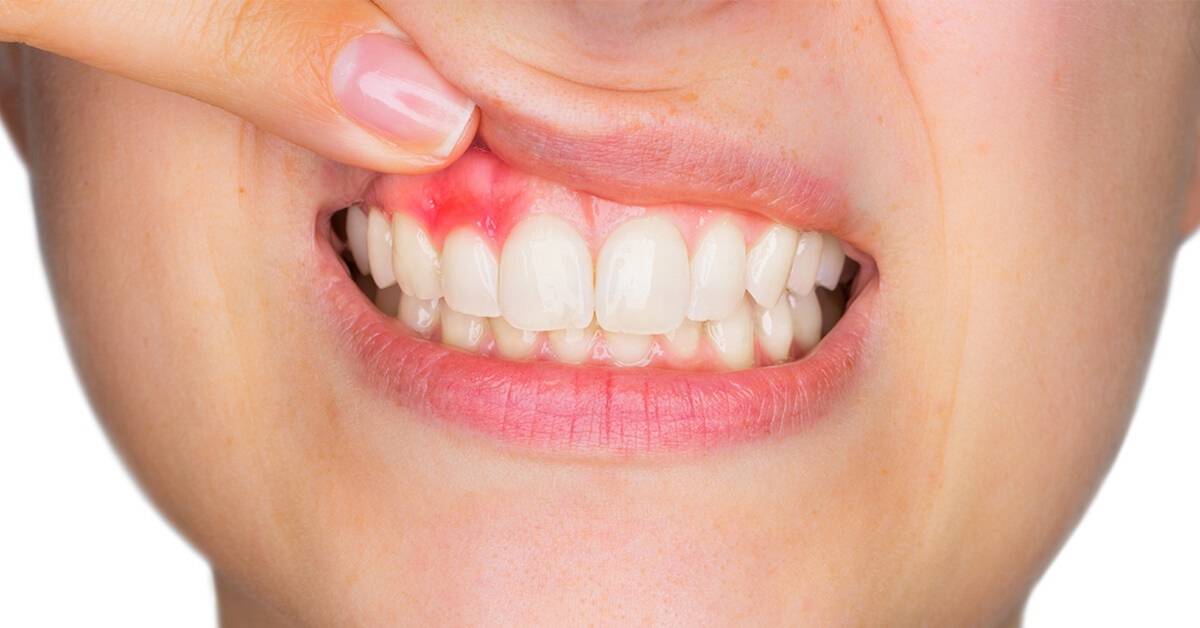A wide range of treatments are available for treating gum disease mississauga dentist. These treatments may vary depending on the stage of the disease, how one responds to previous treatments, and an individual’s overall health.
Antibiotics
Treatments by means of antibiotics can be utilized alone, with surgery, or in conjunction with other therapies to minimize or eradicate bacteria responsible for gum disease. They can also be utilized to prevent tooth attachment to the bone from being destroyed.
Chlorhexidine is one antibiotic that’s being used in controlling gingivitis and plaque within the mouth. This medication is currently available as a mouth rinse that can be placed within the pockets after root planning. The medication is slowly released in the body for around a week. Other known antibiotics such as minocycline and tetracycline can be utilized in treating gum disease. The course of treatment will depend on the dentist.
Toothpaste
A toothpaste consisting of fluoride and an antibiotic can be used to minimize gingivitis and plaque. One popular toothpaste dentists recommend is triclosan.
Painkillers
Ibuprofen and paracetamol are two of the most known pain meds available. They’re frequently sold over-the-counter in most pharmacies. They aid in minimizing discomfort and pain.
Mouthwash
Mouthwash consisting of hydrogen peroxide or chlorhexidine are prescribed in treating gum disease. Certain mouthwashes with chlorhexidine are sold over-the-counter although they may not appear effective compared to those with hydrogen peroxide.
Always read instructions indicated in the mouthwash. Some brands may require being diluted in water before use.
Immediate Treatment
Gum disease is a serious dental problem that can have a negative effect regardless of age. If not treated, it can lead to major health problems in the future. To learn more about gum disease treatment, schedule at an appointment with a Bristol Dental Clinic immediately.





